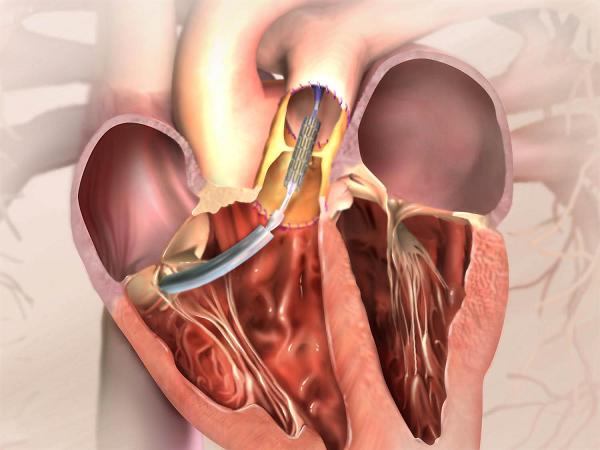For the first time: a new and comprehensive 10-year study proves the connection between a high level of triglycerides in the blood and the development of heart disease in young men. So far, cholesterol has mainly been studied

Until now, the relationship has been controversial, and in the younger age group it has hardly been studied at all, unlike cholesterol. The researchers from Ben-Gurion University and Sheba showed that the level of triglycerides in the blood is a "strong predictor" of heart disease in young people, and is also an "objective marker" for assessing lifestyle, and for identifying young, healthy men who are at an excess risk of developing early heart disease. The study was published in the prestigious journal Annals of Internal Medicine, which also added an editorial
The research team, led by Dr. Iris Shai and Asaf Rodich from Ben-Gurion University and Dr. Amir Tirosh from the "Shiva" Medical Center in Tel Hashomer, in collaboration with doctors and researchers from the Chief Medical Officer's Headquarters and the Soroka University Medical Center, has been engaged for several years in identifying risk factors for common diseases such as diabetes and heart disease in the young adult population (age 25-45). In a new study published last week in the prestigious journal "Annals of Internal Medicine" (including an editorial), the team presents the findings of a 10-year follow-up of over 13,000 permanent army personnel, who undergo comprehensive periodic examinations once every 3-5 years as part of the medical service conditions their.
The study revealed that the effect of triglycerides was independent of the effect of known risk factors such as obesity, LDL (the "bad cholesterol") and a family history of heart disease at a young age. In addition, combining two tests of fasting triglycerides, taken 5 years apart, further increased the predictive power of heart disease attributable to triglycerides, and changed according to lifestyle changes: men with a low level of triglycerides at the first measurement but high at the measurement after 5 years were those who gained more weight, reported a reduction in regular physical activity and less regular breakfast eating. These men had a nearly sevenfold risk of developing heart disease compared to men who remained with a low triglyceride level in both measurements. In contrast, men with a high triglyceride level in the first measurement but low in the second (and this without medication), were the ones who reported a reduction in weight, a significant increase in regular physical activity, and eating a more regular breakfast. The risk of heart disease in these men was about 50% less than the risk of men with high triglyceride levels in both measurements.
According to the researchers, the lifestyle (diet, physical activity) is a major factor in the risk of developing common diseases such as heart disease, but it is very difficult to evaluate it from an objective-research point of view. Now, it will be possible to do this, through a simple blood test of the level of triglycerides in the blood.
The researchers add that unlike the "bad" cholesterol, whose level is mainly related to hereditary factors - a healthy lifestyle clearly affects the level of triglycerides (as well as the level of "good" cholesterol). These findings are extremely important, in view of the obesity epidemic in children and young adults, which cause the appearance of diseases that used to be seen only in the later decades, and now appear with increasing frequency even in the fourth and fifth decades.
